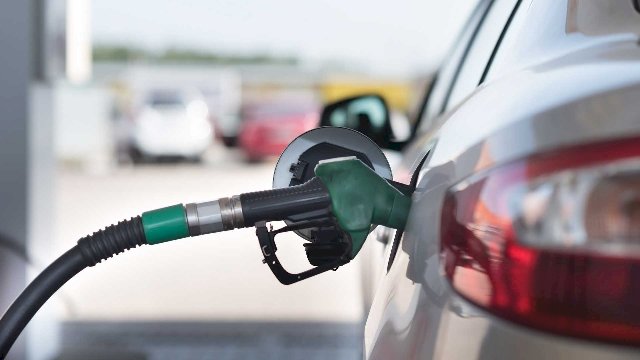IES: New Year to welcome Ghanaians with high fuel price

Ghanaians will pay more for fuel in the New Year, the Institute for Energy Security (IES) has projected.In a statement signed by Research & Policy Analyst Raymond Nuworkpor, IES said:
“Taking into consideration the 4.07% increase in the price of crude oil as well the 4.59% and 5.05% increases in the prices of gasoil and gasoline on the international market, respectively”,
it “foresees” the prices of fuel on the local market “potentially increasing marginally despite the cedi recording some marginal gains against the dollar within the period”.
It added, however, that “the increases could be averted or its impacts minimised if the National Petroleum Authority (NPA) applies the Price Stabilisation and Recovery Levy (PSRL)”.
In its review of the December 2019 second pricing-window, the IES said: “Prices of petroleum products remained largely stable” as it had predicted, noting: “Fuel prices within the second pricing-window of December 2019 saw the majority of the Oil Marketing Companies (OMCs) maintaining the prices of gasoline and gasoil”.
“The current national average price of fuel per litre at the pump is pegged at GHS5.36 for both gasoline and gasoil”, the statement added. For the pricing-window under review, the IES said per its market scan, Zen Petroleum, Benab Oil, Pacific, SO Energy and Alinco Oil sold the least-priced gasoline and gasoil on the local market relative to others in the industry.
On the world market, the statement said: “Crude oil prices continue to remain above the $60-dollar margin for this window as an Analyst Poll by the Wall Street Journal suggested prices will remain relatively stable at current levels, at least, during the first quarter of the New Year despite OPEC’s deeper production cuts”.
“The overall sentiment on oil prices seems to be leaning toward the bearish”, IES observed, adding: “On the average, Brent crude rose marginally from $62.87 per barrel to close at $65.43 per barrel, thus, recording an increased change of 4.07%.
According to Standard and Poor’s Global Platts benchmark for fuels, the average gasoline price increased by 5.05% to close at $620.11 per metric tonne, from a previous average of $590.32 per metric tonne while gasoil increased by 4.59% to close trading at $607.34 per metric tonne from a previous $580.70 per metric tonne”.
IES also noted that the data its Economic Desk collated on the foreign exchange market show the cedi made “some very marginal gains against the US dollar within the period, after showing weakness in the previous window”.
“The cedi traded at an average price of GHS5.65 to the US dollar over the period under review, from a rate of GHS5.71 recorded in the second window of December 2019. The rate of appreciation recorded against the US Dollar is 1.05%”.







